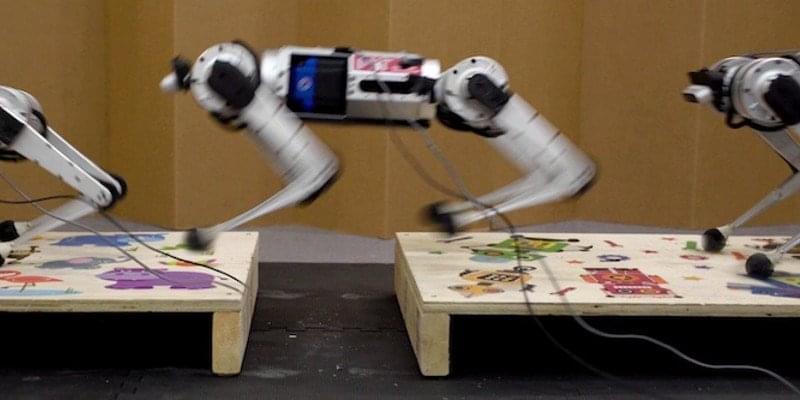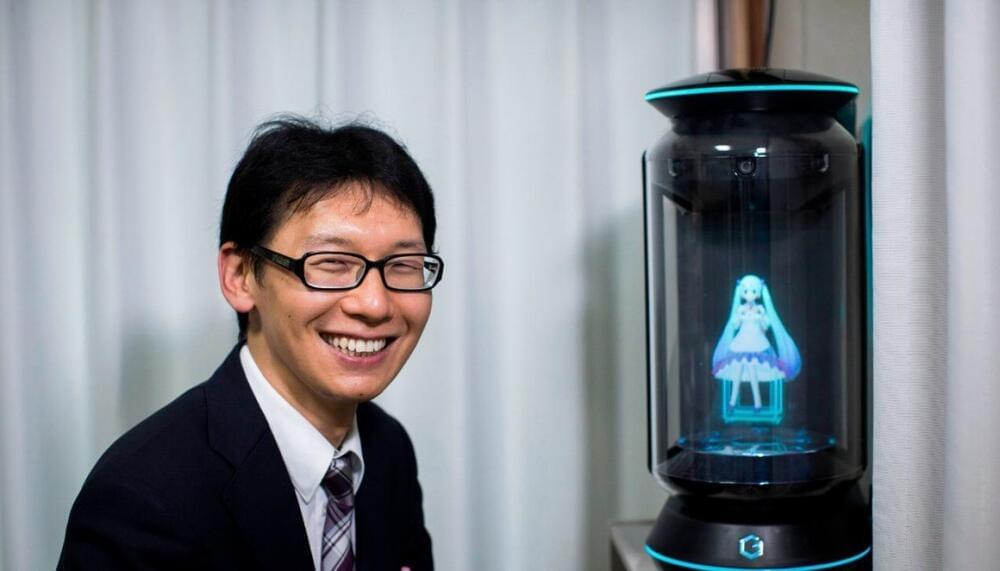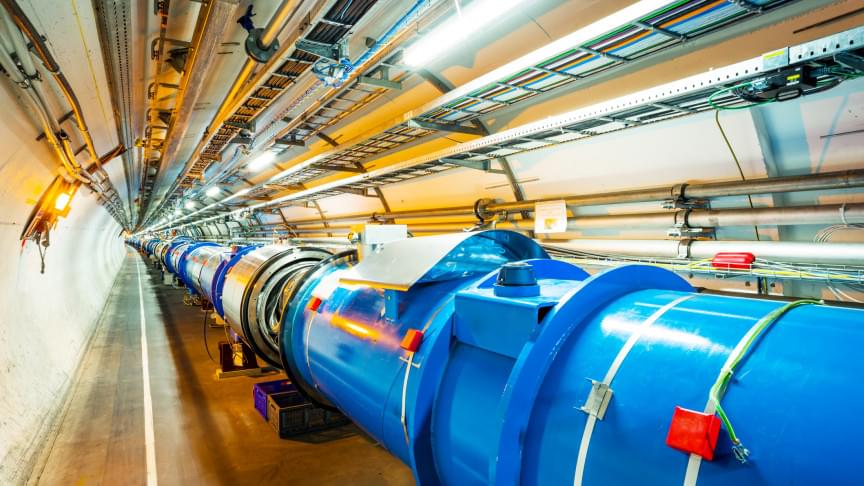Eradicating Cancer With A Universal Preventative Cancer Vaccine — Dr. Stephen Johnston, Ph.D., ASU Biodesign Institute / Calviri
Dr. Stephen Johnston, Ph.D. (https://biodesign.asu.edu/stephen-johnston) is the Director for the Center for Innovations in Medicine (https://biodesign.asu.edu/Research/Centers/innovations-medicine), a Professor in the School of Life Sciences, and Director of the Biological Design Graduate Program at The Biodesign Institute at Arizona State University.
Dr Johnston is also Founding CEO and Chairman of the Board Of Directors of Calviri (https://calviri.com/).
The Center for Innovations in Medicine and Dr. Johnston’s current work focuses on innovative solutions to fundamental problems in bio-medicine, and their organization brings together a unique group of interdisciplinary scientists to identify, analyze, and come up with inventive solutions for significant un-met medical needs.
Current major translational sciences and technology development projects of Dr. Johnston include 1) Cancer Eradication: with a focus on developing a universal, preventative cancer vaccine, and 2) Health Futures: with an aim of producing a diagnostic system that allows continuous monitoring of the health status of healthy people — helping in the revolution to pre-symptomatic medicine.








